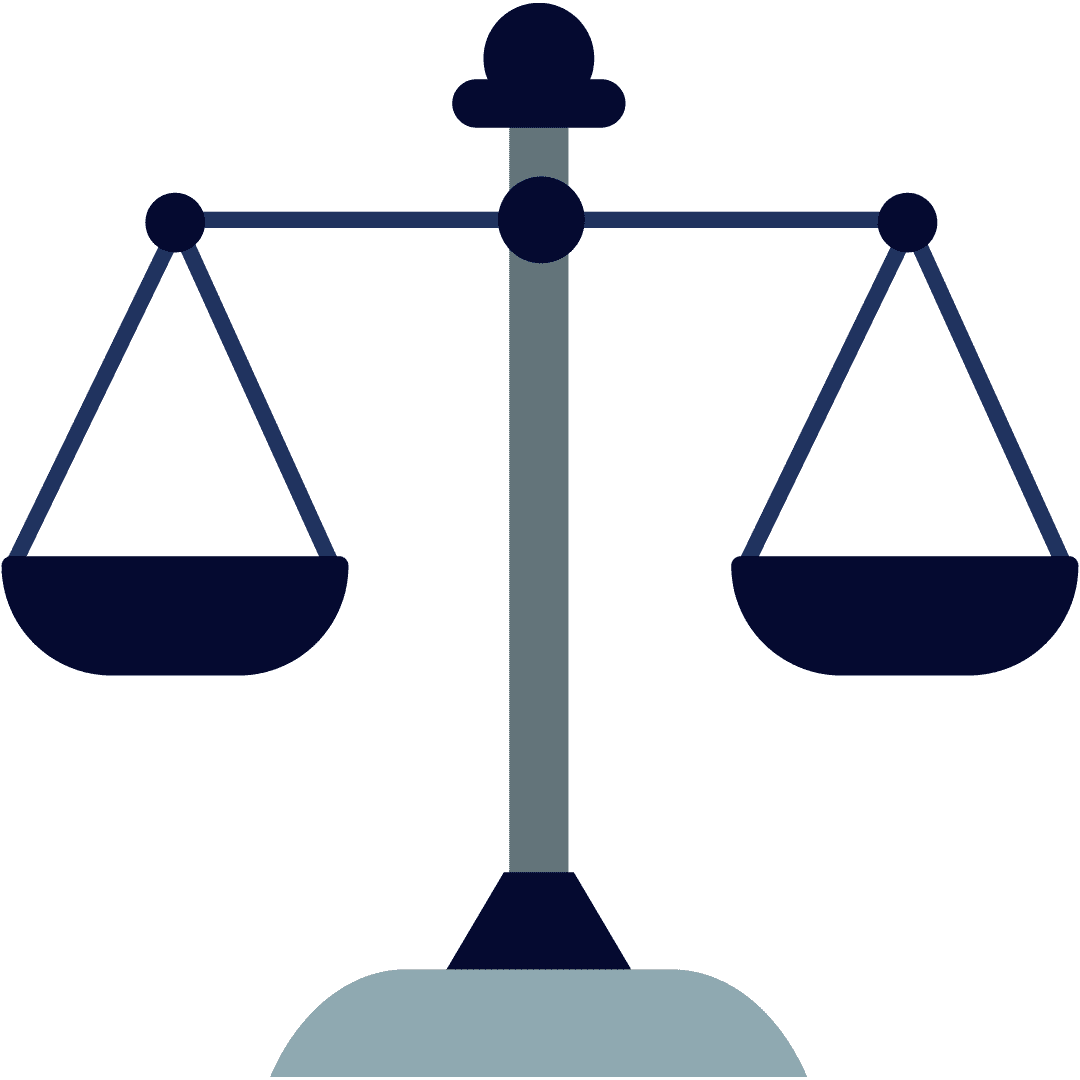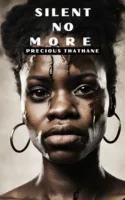In the dimly lit streets of Seshego, where I lived as a seven-year-old, the nights were often shattered by the harrowing sounds of abuse. Down our street, a man would mercilessly beat the woman he lived with, his violent acts underscored by loud music. The woman’s screams, desperate and chilling, would occasionally break through the night as she sought help, yet we, her neighbours, remained silent witnesses to her agony.
My first encounter with the concept of activism against gender-based violence came at the tender age of eight. During the 16 Days of Activism campaign, a striking poster at school captured my attention: a bruised woman with “HELP ME” written across her taped lips. Now, at 25, the vivid memory of that poster haunts me as the grim reality of gender-based violence persists. The Department of Justice South Africa’s reports are alarming, with over 50,000 cases annually, including around 988 femicides. This stark data points to the dire need for consistent, year-round activism, transcending the brief surge of attention during the 16 Days of Activism.
The Department of Justice South Africa reportedly records over 50,000 cases of gender-based violence, with about 988 of the cases being femicides annually. This is a clear indication that new and innovative ways should be employed in our quest to combat and win the fight against Gender-based violence. We cannot come together for 16 days every year, only for our activism to go into hibernation afterwards while women are victimised daily throughout the year.
Discussions about this issue are frequent among my friends. In a recent WhatsApp group conversation, one friend expressed her disillusionment with the movement, citing instances where abusers hypocritically posed as advocates in public while continuing their heinous acts in private. “Just don’t do bad things to people behind closed doors. You don’t need to be making noise in public when you could be doing the same things when no one is looking,” she lamented. Her words highlight the painful reality of abusers hiding within the movement, emphasising the need for genuine, consistent activism.
This is a painful reality as we have seen men who were relentlessly loud and up in arms against abuse being outed as the perpetrators of abuse. This is a call for all of us to be activists against abuse in our personal spaces and beyond every day. To make noise, disrupt, and cause discomfort for the wolves in sheep’s clothing. The truth of the matter is we exist in a world that is enveloped with so much violence that we cannot afford to keep quiet. Silence is a luxury we cannot afford. Our activism should extend past the placards, the hashtags, and the rioting. It should be extended into tangible support for the victims and survivors.
Our efforts to combat this issue must extend beyond the superficial. Silence in the face of such rampant violence is a luxury we cannot afford. Our activism must be more than just social media campaigns and public demonstrations. It should translate into tangible support for victims and survivors. My aunt, who endured over a decade of abuse, once confided her longing for a lifeline, a sign that leaving her abusive marriage would not leave her destitute. “I wish someone could have thrown me a lifeline to let me know I would be okay if I left my marriage. I was unemployed with two kids, and he provided for us, so I thought it was the price I had to pay in exchange for my livelihood.”
This underscores the importance of providing tangible support – safe housing, essential supplies, therapy, and a supportive environment for those starting anew. I applaud the individuals and organisations tirelessly working in this challenging space, rescuing women from their abusers, one life at a time.
We should believe victims and validate their experiences, but we should offer them tangible support. This means providing safe housing for those forced to flee their homes due to abuse, donating essential items, accompanying them through the healing journey of therapy, and creating a supportive environment as they embark on new beginnings. Big up to all individuals and organisations doing work in this volatile space to ensure that one woman at a time, women are being saved from hands that seek to harm them.
Remember, there are no innocent bystanders. Demonstrate your opposition to abuse through more than just words; let your actions speak volumes. Be vocal, be visible, and most importantly, let your deeds align with your stance. Stand up, speak out, and act to make a real difference.
For anyone experiencing gender-based violence, resources are available:
National GBV: 0800 150 150
National Counselling line: 0861 322 322
POWA: 011 642 4345
Rape Crisis: 021 447 9762
SAPS: 10 111
QUESTION: Do you think enough is being done to fight gender-based violence in South Africa? What are you personally doing to help fight against gender-based violence?



